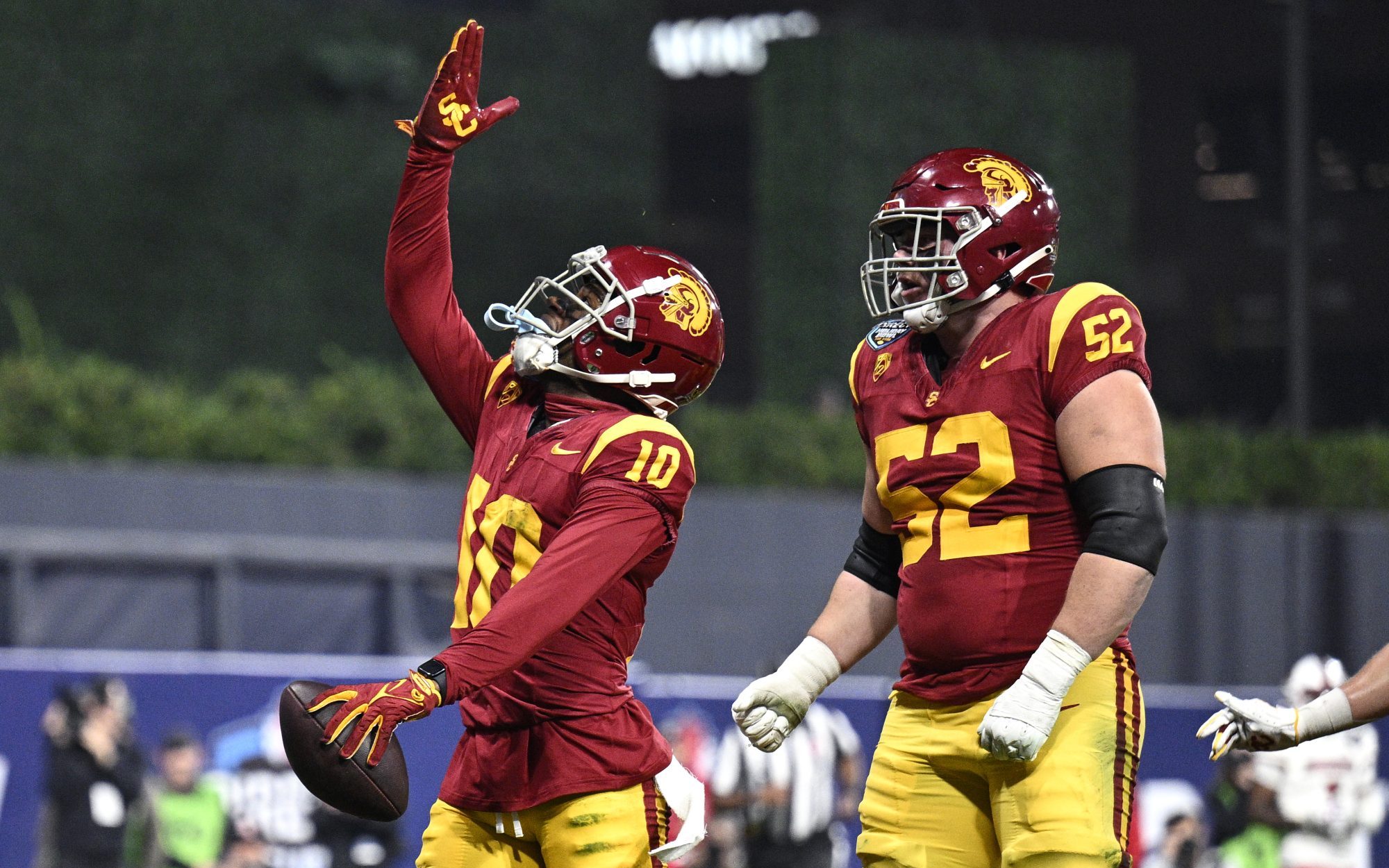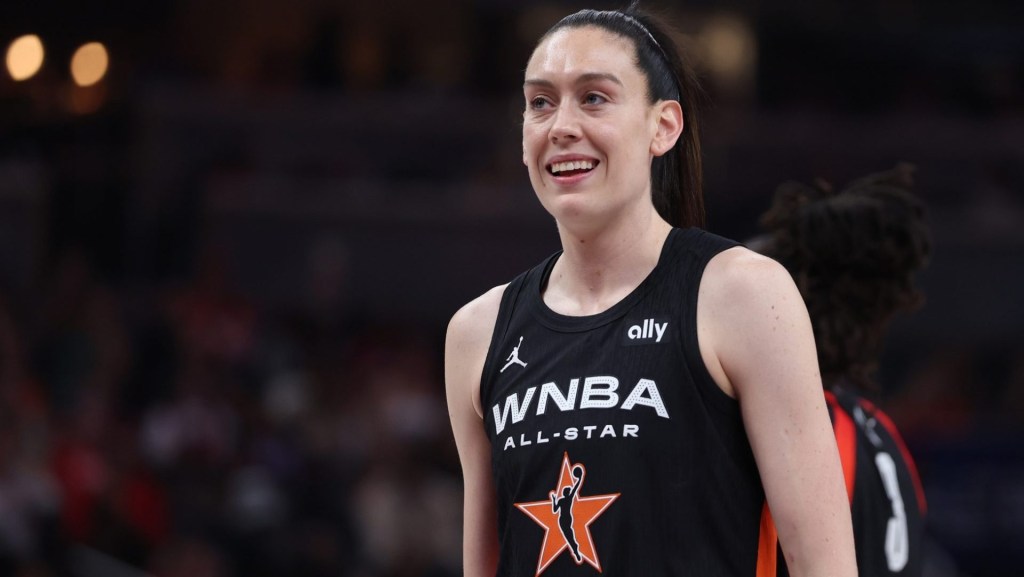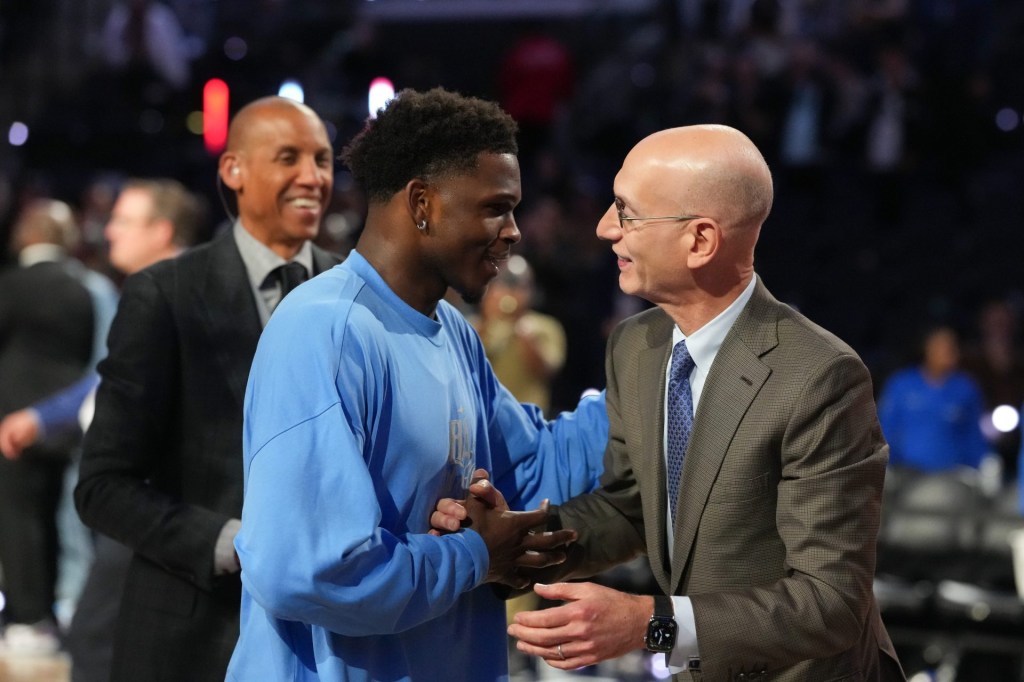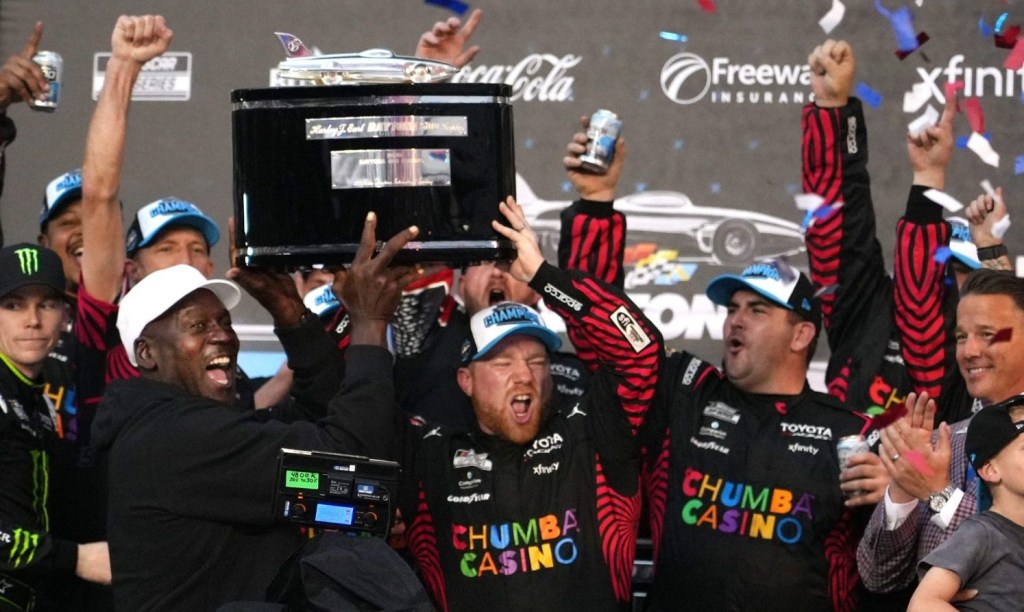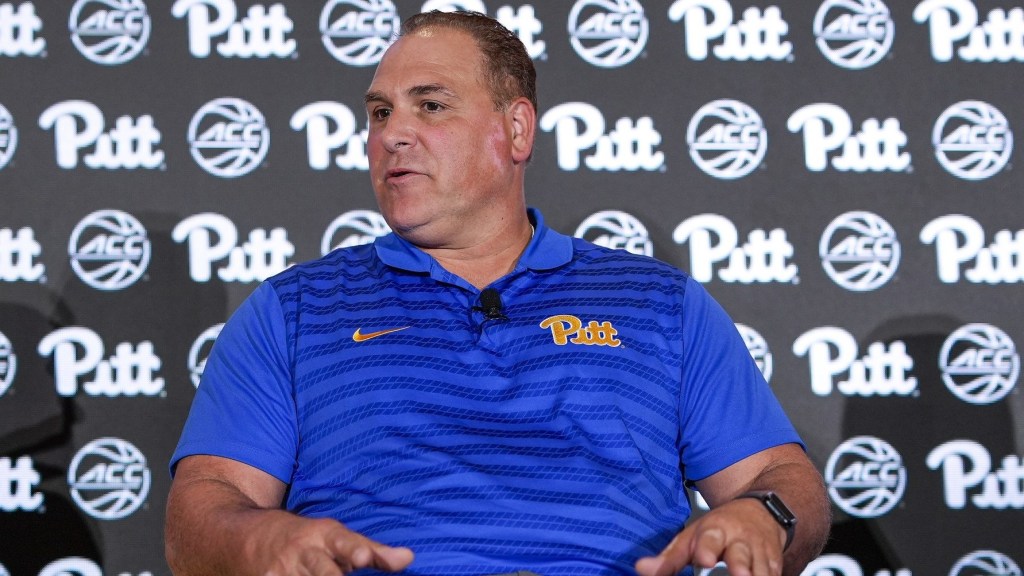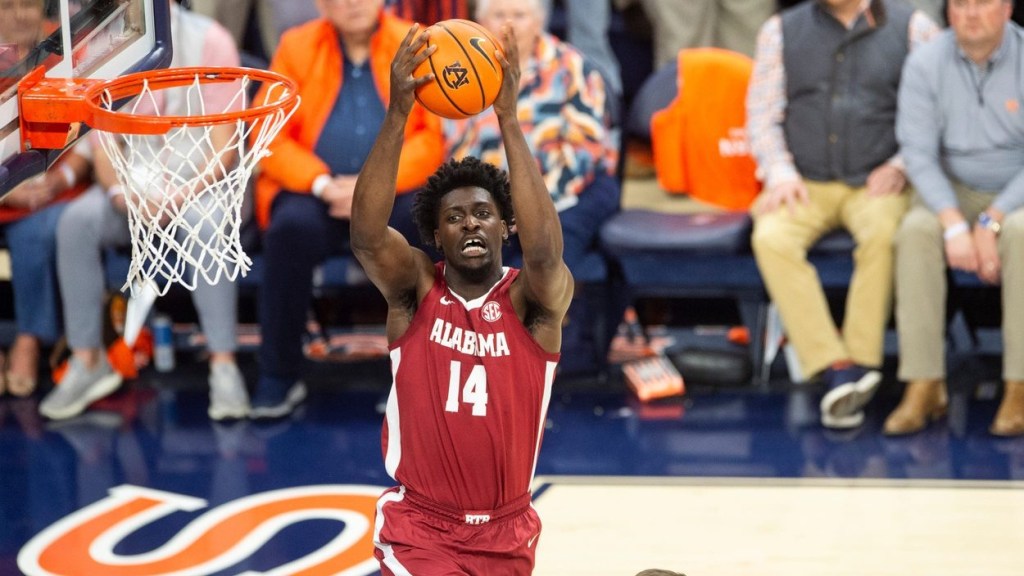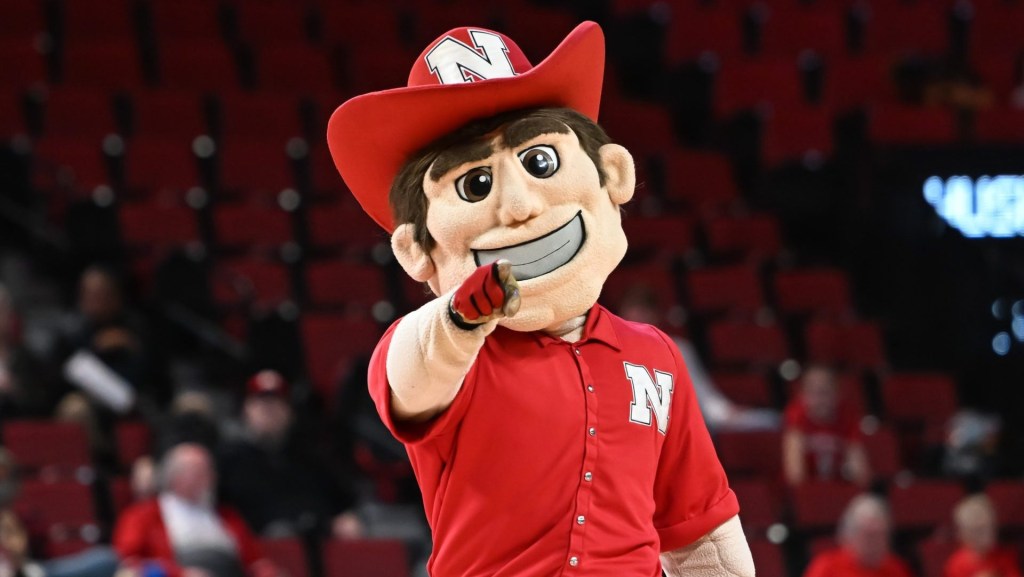On Thursday in Los Angeles, in-person testimony concluded in the potentially landmark labor case concerning the employment status of USC football and basketball players.
The National Labor Relations Board case was first filed in February 2022 as an “unfair labor practice” charge against USC, the Pac-12, and the NCAA. The charge, brought by longtime college athlete advocate Ramogi Huma and his National College Players Association, alleges that USC, the Pac-12, and the NCAA are all joint employers of football and basketball players—and that they have been misclassifying these athletes as “amateurs.”
After four months of hearings, there will be a lengthy waiting period until judge Eleanor Law hands down a ruling. The record for the case doesn’t officially close until July 31; until then, parties have time to submit final written arguments. It could then take several months for a decision, extending the case into 2025. Then, whichever party loses will likely file an appeal to the national board.
For Huma, however, the outcome could be worth the wait. Huma—who was behind Northwestern football’s failed 2014 unionization attempt—has been advocating for athletes to receive more economic and safety benefits for decades. He says he believes this trial was much more thorough than the Northwestern case. Judge Law allowed testimony for several issues that the hearing officer in the Northwestern case ignored, but that the national board may have needed to approve a union. One example: whether athlete employment status at one school might ruin competitive equity across college sports. (The NCAA argues that employment status for some athletes would destroy competitive equity; Huma argues there’s already a lack of parity across college sports.)
“I feel like college football and basketball players are getting their ‘day in court’ on this issue,” he says, describing the case as a “fair adjudication.”
The NCAA did not immediately respond to a request for comment, and the Pac-12 declined. USC, in a statement to FOS, said in part: “Testimony from all witnesses has been consistent, establishing that our student-athletes—including those on our football and basketball teams—are not and never have been employees of the university.”
That wasn’t exactly true, however. During earlier sessions, multiple former players described the strict amount of control exercised over them, which mirrors an employer-employee relationship. After the NCAA and USC brought in separate athletes to argue that they were amateurs, rebuttal witnesses sided with the employment camp. One notable example: Cardinals tight end Elijah Higgins, who previously played for Stanford, testified that his experience as a pro NFL player is nearly identical to that of his college career.
The USC case is one of several currently pending at the NLRB. Dartmouth men’s basketball players recently voted to join a union, a decision the school is fighting through multiple legal channels. Athlete advocate and former Minnesota regent Michael Hsu has also filed multiple complaints against schools, conferences, and the NCAA. His newest charge was submitted on Thursday right as the USC trial was ending, alleging that athletes in all sports at Notre Dame should be considered employees.
